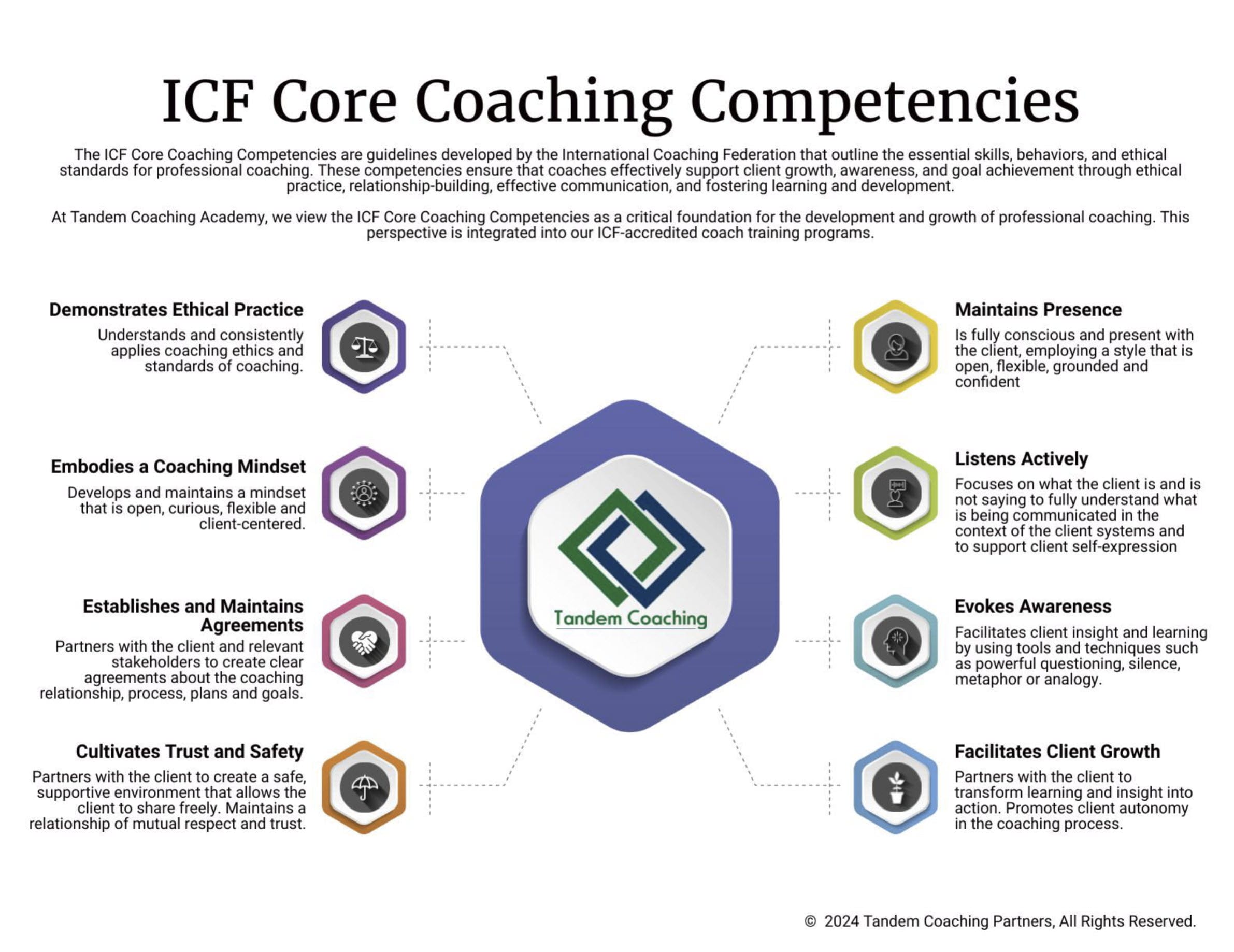Hi, Cherie’s here,
In the fast-paced world of agile leadership, effective coaching plays a crucial role in enhancing team dynamics and organizational growth. Drawing from my experience in professional coaching and agile methodologies, I want to share five practical strategies that can significantly impact leadership and team performance:
- Active Listening: It’s essential for agile leaders to truly listen to their team members. This means paying attention not only to the words being spoken but also to the emotions and thoughts behind them. Good listening can uncover valuable insights and foster a deeper understanding.
- Asking Insightful Questions: Instead of offering solutions, focus on asking questions that encourage individuals to think deeply and explore new perspectives. Questions like ‘What if?’ and ‘How might we?’ can open up possibilities and stimulate creative thinking.
- Person-Centric Approach: Concentrate on the individual’s growth and development beyond just solving immediate problems. This approach helps in building resilience and adaptability, which are critical in agile environments.
- Valuing Silence: Don’t underestimate the power of pausing and allowing silence in conversations. Silence can give both the coach and the coachee time to reflect and can lead to more thoughtful insights and decisions.
- Building Emotional Intelligence: For agile leaders, understanding and managing one’s own emotions, as well as empathizing with others, is key. Emotional intelligence can significantly improve communication, conflict resolution, and team cohesion.
Implementing these strategies can help create a more dynamic, responsive, and effective agile team. They emphasize the importance of personal growth, adaptability, and the power of thoughtful questioning in driving team success.
Until next time, Cherie 💚

Unlock Your Coaching Potential with Tandem!
Dive into the essence of effective coaching with our exclusive brochure, meticulously crafted to help you master the ICF Core Coaching Competencies.
"*" indicates required fields
About the Author
Cherie Silas, MCC
She has over 20 years of experience as a corporate leader and uses that background to partner with business executives and their leadership teams to identify and solve their most challenging people, process, and business problems in measurable ways.





![Chief AI Officer Career Path: Is CAIO Right for You? [2026 Guide]](https://cdn.tandemcoach.co/wp-content/uploads/2026/02/Is-the-Chief-AI-Officer-Role-Right-for-Your-Executive-Career-300x164.jpeg)










